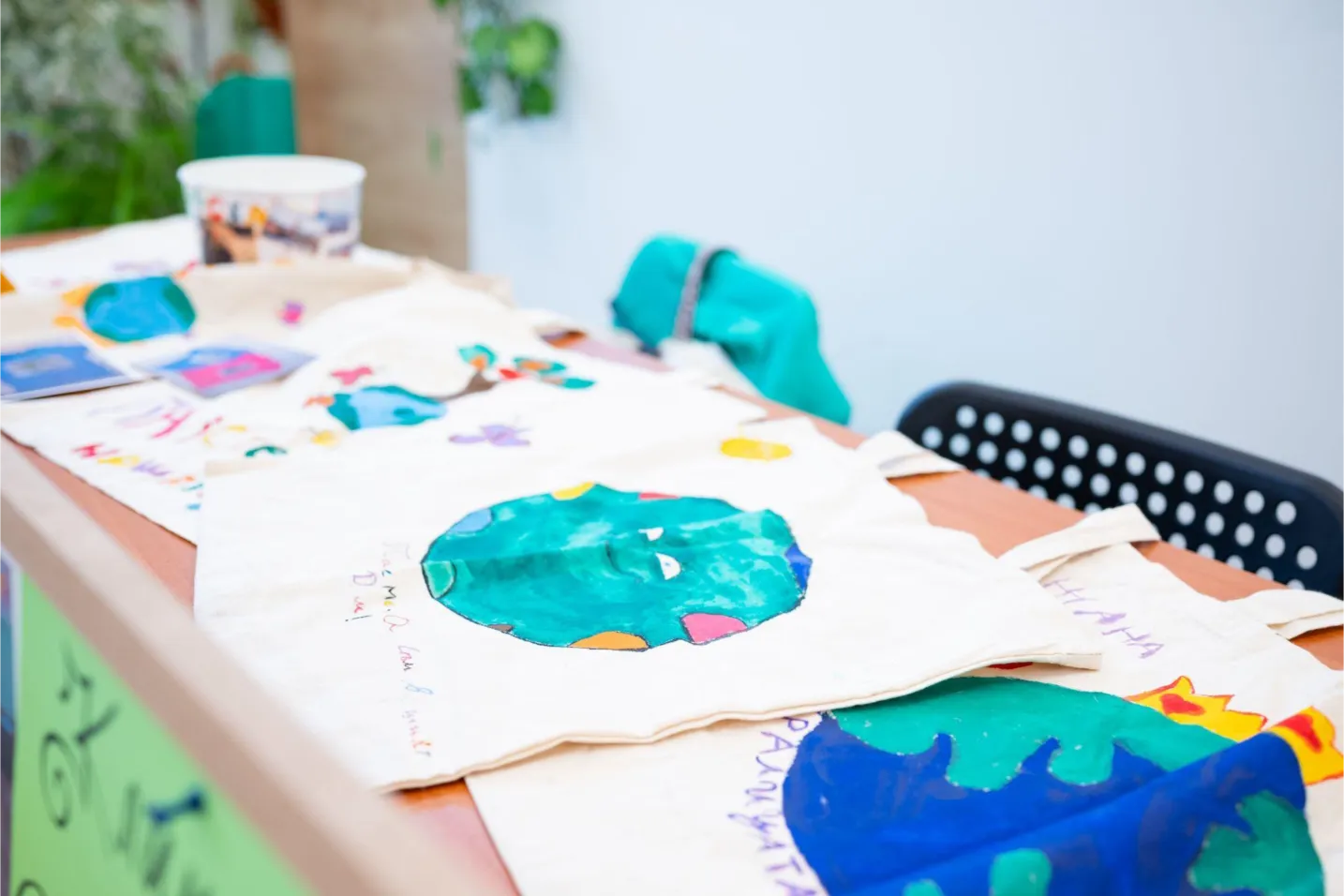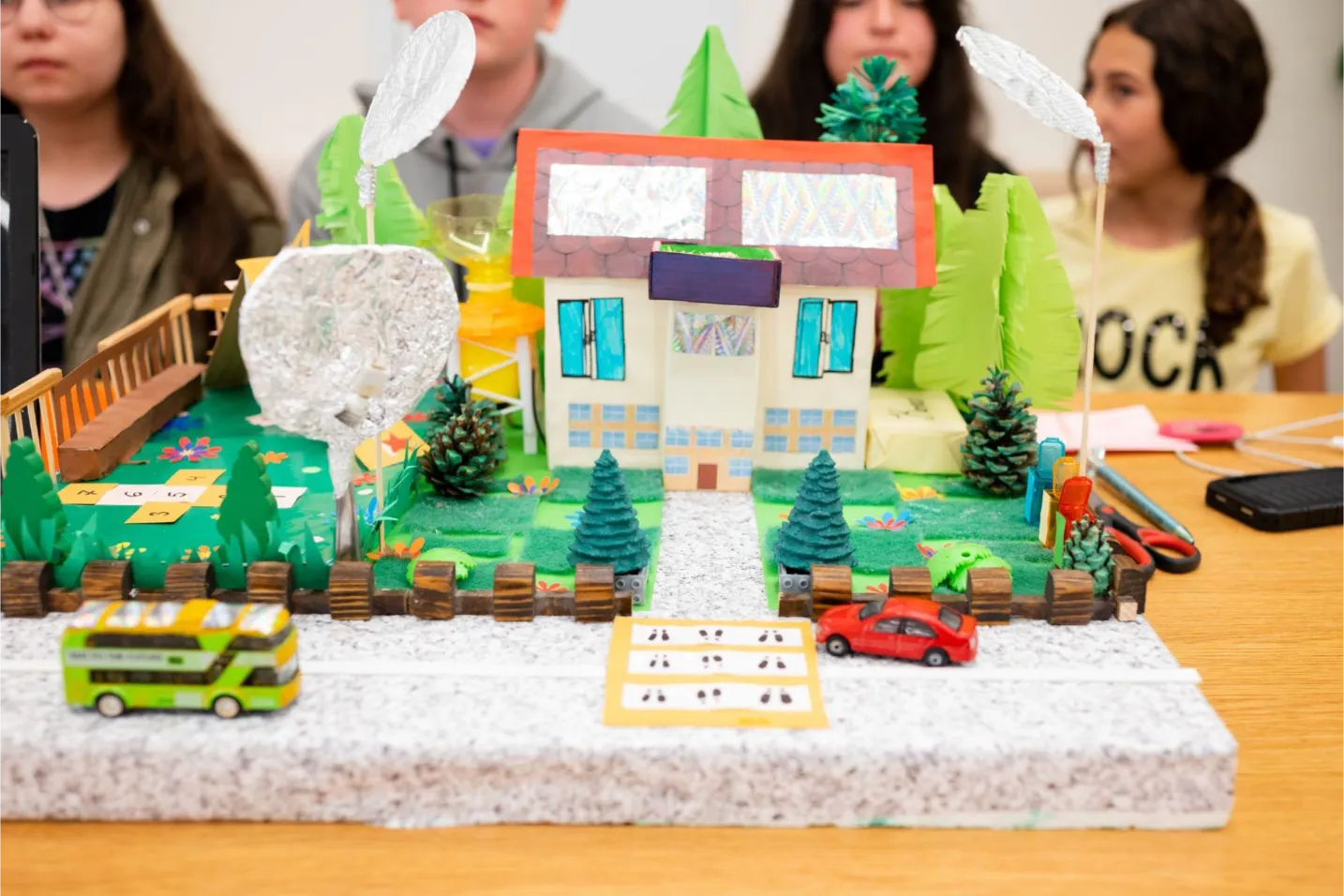Teacher: Julia Mishkova

Julia Mishkova
Julia is part of the Teach for Bulgaria team, working as a project management specialist on their educational platform ‘prepodavame.bg’. She has experience as a history and German teacher, which has taught her that students need to talk about important issues that society is facing in order to be engaged and motivated. She sees climate education as an opportunity to develop students agency, critical thinking and socio-emotional skills and also to bring real-life issues to the classroom. Together with her team, she has devoted efforts to support educators to work on the topic, without being experts, by creating a project-based climate guidebook for high schoolers.
Usefull links related to the Solution
Overview
Julia, a Teach for Bulgaria teacher, identified that the Bulgarian National Curriculum does not cover climate change education in a meaningful way. She also felt that there is a high level of climate change scepticism in the country and that responsibility for one’s own actions is not highly regarded. However, she also recognised that there are some teachers who are interested in teaching climate change education and this project that Julia developed aims to provide these teachers with easily accessible resources to teach high-quality climate change lessons.
Theory of Change
Despite widely held negative views of climate change there are some teachers in Bulgaria who would like to teach their students about the climate crisis, but these teachers feel unable to do so due to their own lack of understanding of the topic and due to a lack of resources in Bulgarian. The project aims to provide teacher resources that introduced climate change issues and allow teachers to develop, in collaboration with their students, projects that focus on contextually relevant climate change issues. These resources, available in English and Bulgarian support teachers, bridging the knowledge gap that had previously held them back from teaching about climate change. The project element of the resources is designed to empower students as agents of change and to increase their social and emotional learning.
Approach and Actions
A teacher guidebook was prepared jointly by experts in education and climate change (available in English and in Bulgarian). It contains lesson plans and resources for critical topics related to climate change including scientific concepts but also centres the social impacts of climate change. The guide also provides further information for teachers to set up and run student-led projects in one of three topic areas. In these projects, students seek solutions to real issues they are facing. This has led to students having a greater understanding of climate change issues and also becoming more aware of how their choices relate to climate change. The project work has led to the students developing their critical thinking skills and to the students feeling empowered in their ability to have a positive effect on climate change.
Impact
The guide was trialled in 12 schools across Bulgaria with teachers using the resource in different ways including in extracurricular clubs, summer schools and as part of compulsory lessons. Due to a successful media campaign, the guide was also downloaded by 3000 other teachers. Two webinars were used to explain how to use the guide. Teachers and pupils from selected schools were given the chance to present their learning at a festival.





